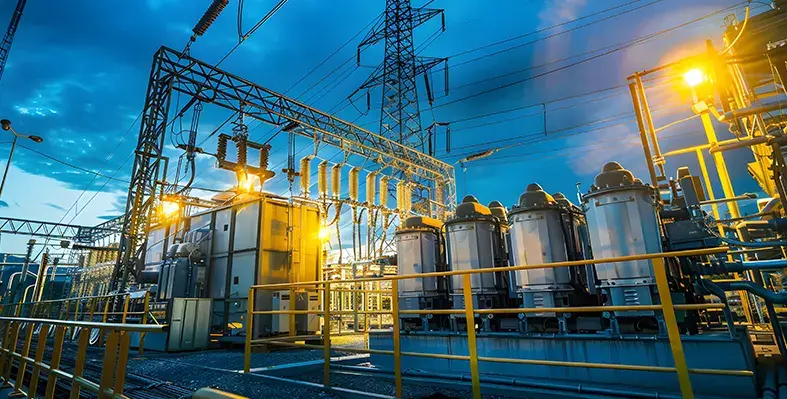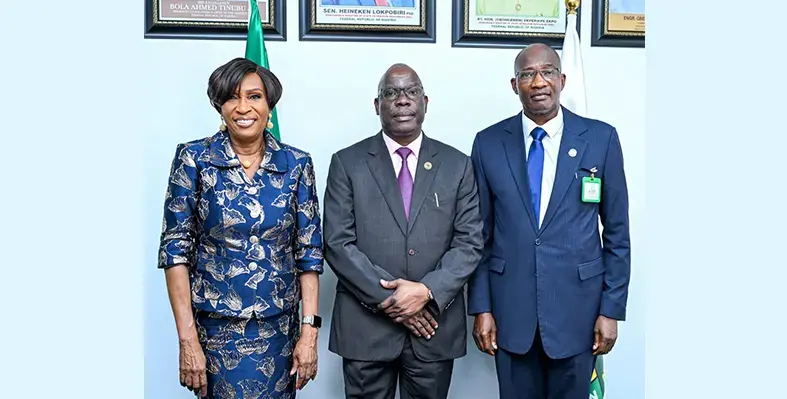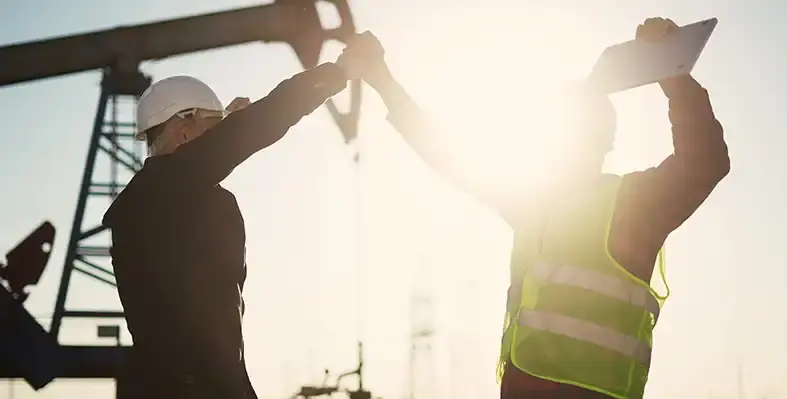The Nigerian Upstream Petroleum Regulatory Commission announces fresh ambitions with the appointment of the new commission chief executive, Oritsemeyiwa Eyesan, who delivers clear message to advance the country’s upstream oil and gas sector in line with the Petroleum Industry Act (PIA) 2021
While conducting her first town hall meeting with the Commission management and staff, the new executive disclosed plans to give the Commission a shake up and boost investments in the upstream sector.
As she is giving special emphasis on production optimisation and increased gas output from Nigeria, Eyesan said, "The goal is that we must enable the industry, we are regulators. We must enable the industry from our interactions with the stakeholders, from our interactions with everybody.
“My main objective is to ensure that we make a difference. I believe the NUPRC is at the Center of the industry.”
The chief executive brings an extensive experience for more than three decades in the oil and gas sector, which she will be leveraging to increase digitalisation, transparency and efficiency in operations.
The CCE said with the support of staff and management, the NUPRC will become the gold-standard regulator in Africa. She also promised capacity development, stronger technical depth and sustained engagement with stakeholders, unions and professional teams.
On leadership style, the CCE promised an open-door policy and frequent staff engagement. Eyesan also solicited for support and cooperation as the industry embarks on the next phase of transformation.
“If we work together we can unleash opportunities, I don’t see impediments only opportunities,” she said.












